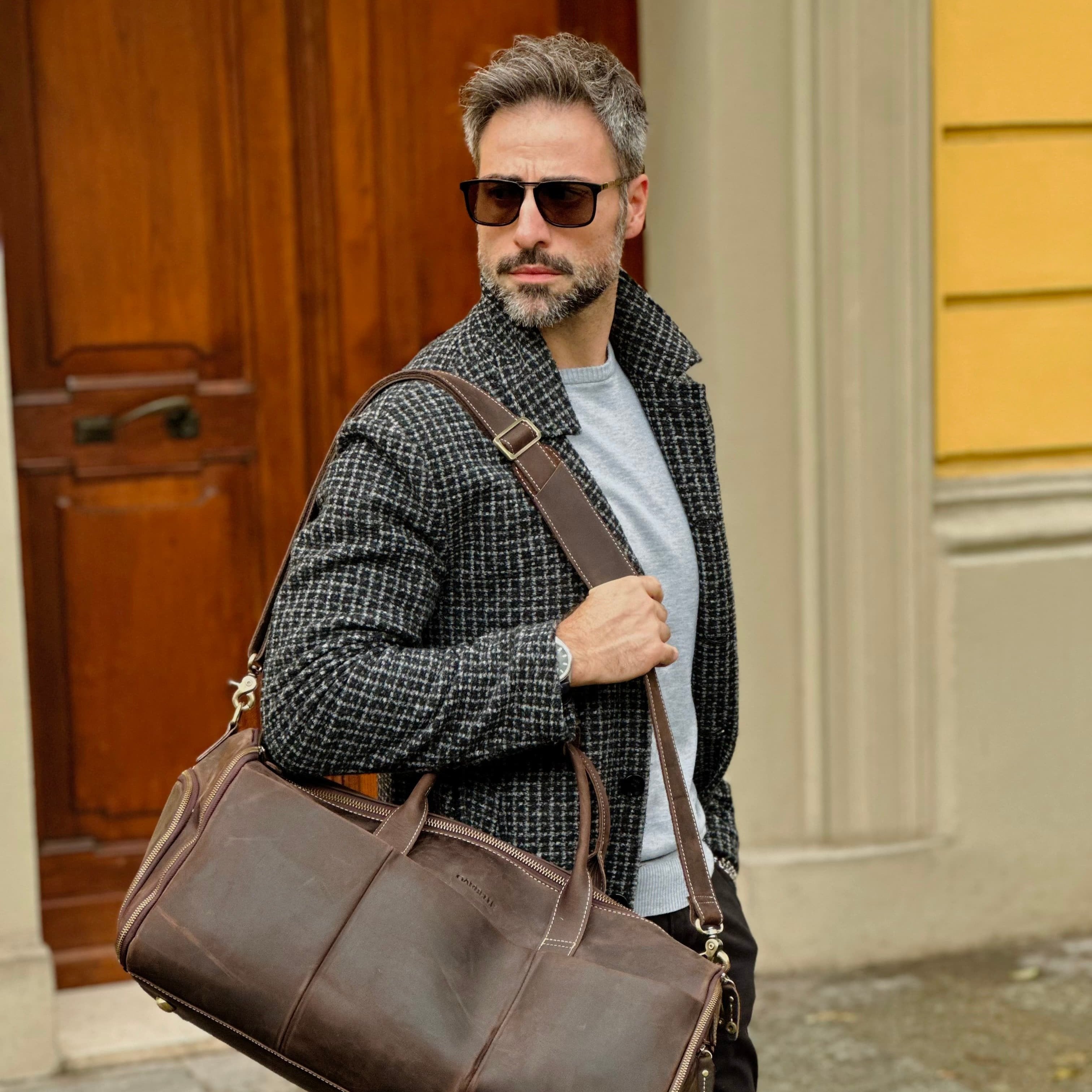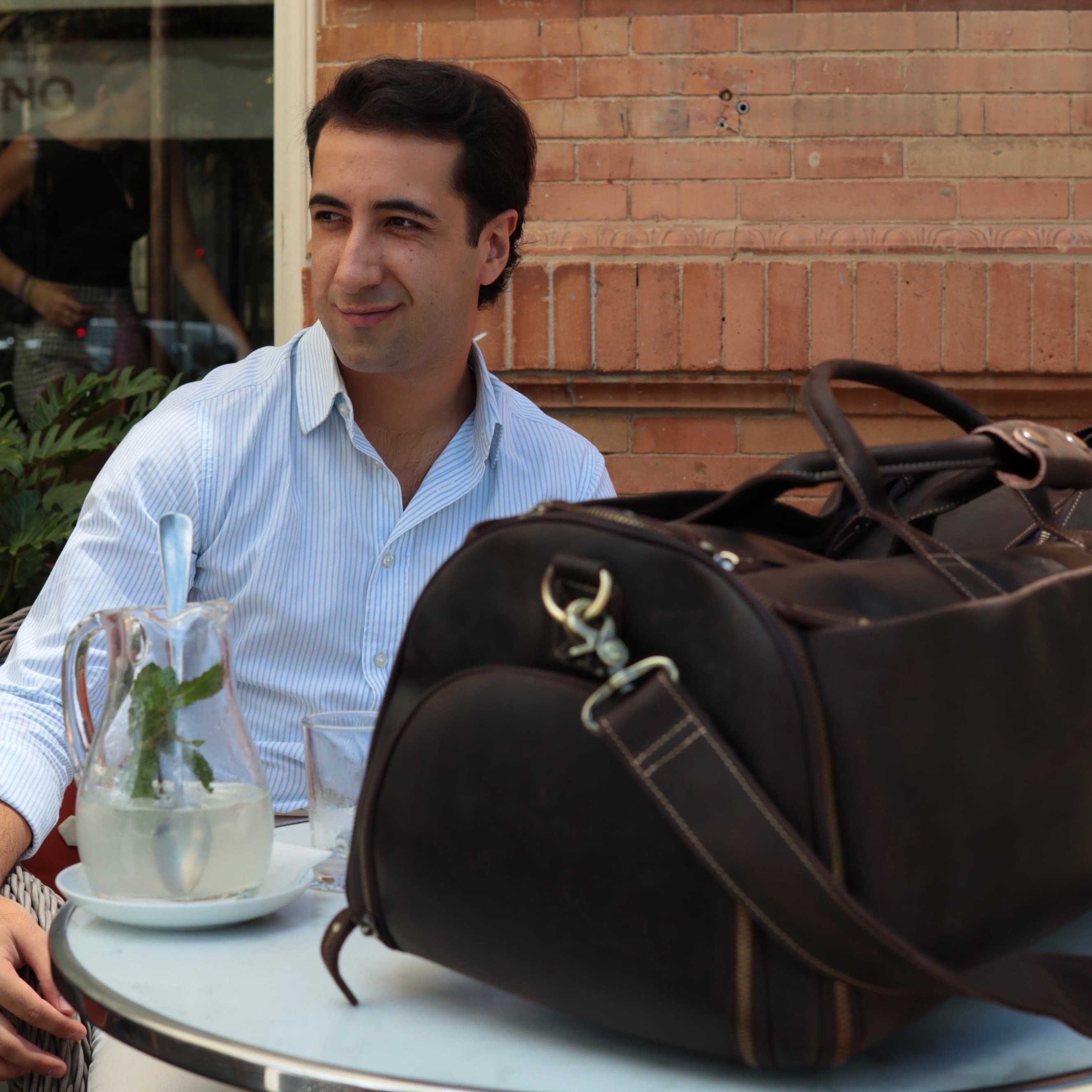Traveling to new regions often encourages creativity. Today's entrepreneurs find in their journeys a way to feed their inspiration while remaining attentive to the preservation of the planet. This form of travel is part of an eco-responsible approach, since every itinerary can rhyme with reduced environmental impact. Greener choices and a spirit of innovation are emerging, enabling a harmonious balance between professional expansion and respect for nature.
Eco-friendly travel and tips to reduce your carbon footprint
Opting for a less polluting mode of transport represents a primordial point in this quest for greener travel. Taking the train or carpooling can limit the production of greenhouse gases, while still giving you plenty of freedom of movement. Accommodation also has a major impact on the environment: choosing establishments committed to recycling and the use of renewable energies is a wise choice. In addition to these criteria, sensible consumption during the stay is a key factor in reducing waste.
Wearing a reusable water bottle, encouraging local production and ruling out over-packaged products all help to mitigate the overall impact. Finally, getting involved in carbon offset projects, such as support for reforestation, helps to offset unavoidable emissions. The ultimate aim is to transform every journey into a respectful approach to the planet and its resources. In this way, every traveler can participate in a greener dynamic and inspire those around them.
Durable materials to choose for a travel bag
The composition of a bag or a compact men's toiletry bag greatly influences its ecological footprint. Natural fibers such as hemp and organic cotton help limit pollution while guaranteeing good resistance. These resources consume less water and fewer chemicals, which reduces the harmful effects on flora and fauna. Recycled polyester is also an interesting alternative, since it reuses existing materials rather than extracting new resources.
Beyond the fiber, lining and zippers should be designed with durability in mind, with reusable, wear-resistant components. It is also advisable to prefer natural or low-impact dyes, in order to reduce the presence of hazardous substances in discharge water. A sturdy bag, made with respect for the environment, a long-lasting companion for any committed traveler. This logic is in line with our desire to consume less and better.
Ethical practices of premium travel bag brands
Brands recognized for their seriousness put forward values centered on social responsibility and transparency. They sometimes collaborate with local workshops that respect fair working conditions, resulting in products crafted with the well-being of employees in mind. Raw materials come from controlled sources, guaranteeing traceability and reduced environmental impact. To take this a step further, some companies are adopting a rational production model, voluntarily limiting stocks so as not to encourage over-consumption.
This ethical approach is often accompanied by a lighter packaging policy and awareness campaigns to promote responsible purchasing habits. Brands committed to these principles also invest in research into new environmentally-friendly fibers and in reducing water consumption. In the long term, this manufacturing choice aims to create a sustainable product while strengthening the relationship of trust with the public.
How traveling light contributes to a more sustainable lifestyle
Reducing the weight of your luggage before departure has multiple benefits, both for the planet and for the traveler. A lighter load can limit fuel consumption, especially on air journeys where every extra kilo increases the amount of fuel burned. Adopting a minimalist suitcase also encourages you to reconsider your real needs and keep only the essentials. Versatile clothing, multi-purpose accessories and sturdy toiletries make traveling a breeze.
This philosophy is then reflected in everyday life: we avoid superfluous purchases and privilege the durability of the objects we own. What's more, an easy-to-carry bag makes it easier to get around on foot or by bike, further reducing dependence on motorized transport. In the long term, this habit encourages a more responsible use of resources, while leaving more room for spontaneity and freedom. This form of minimalism gives a sense of autonomy and better balance.
Certifications to look for in an eco-friendly bag
Finding your way around labels can help identify bags that respect ecological and social criteria. The GOTS (Global Organic Textile Standard) label is proof of production in organic fibers, while imposing dignified working conditions. The Fairtrade label, for its part, guarantees fair remuneration for producers and promotes balanced relations in the supply chain. The Bluesign certificate, meanwhile, controls the use of chemical substances and promotes the reduction of waste and water pollution.
In the case of leather, a certification Leather Working Group (LWG) validates responsible wastewater management and the limitation of toxic products in tanneries. When you choose a bag bearing these labels, you're choosing a manufacturing process that meets the highest standards of respect for the planet and its workers. This vigilance facilitates a coherent commitment to eco-responsible values. Opting for these quality guarantees contributes to supporting a fairer model. In this way, everyone can contribute to conscientious production.
The world is moving towards more responsible choices, and today's entrepreneurs often find ingenious ways to reconcile business activity with preserving the planet. It's an invitation to explore more sober paths and rethink the way we travel. The prospects are multiplying for imagining luggage, itineraries and modes of travel that support a greener vision of the future. Are you ready to take the next step towards a lighter footprint on your travels?






